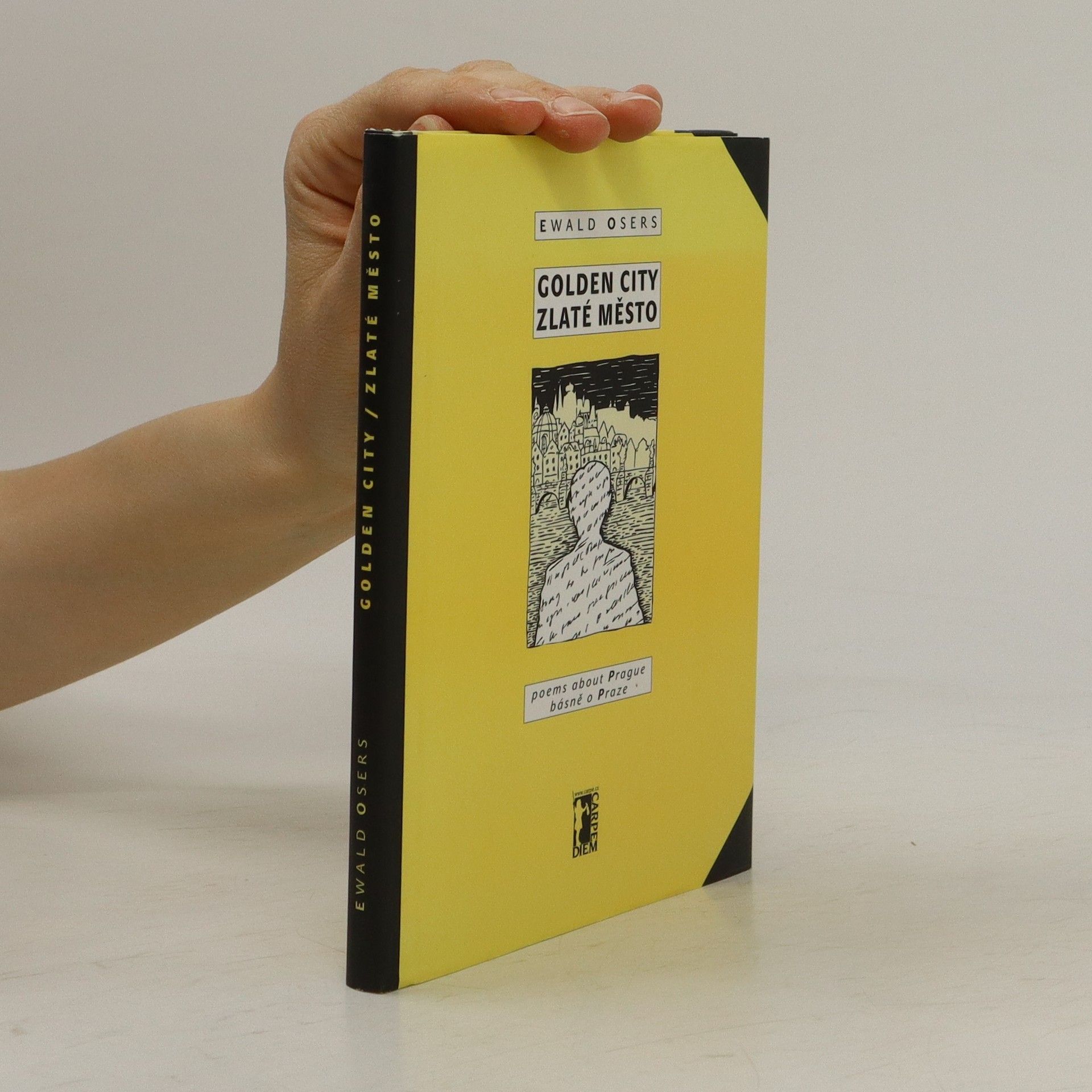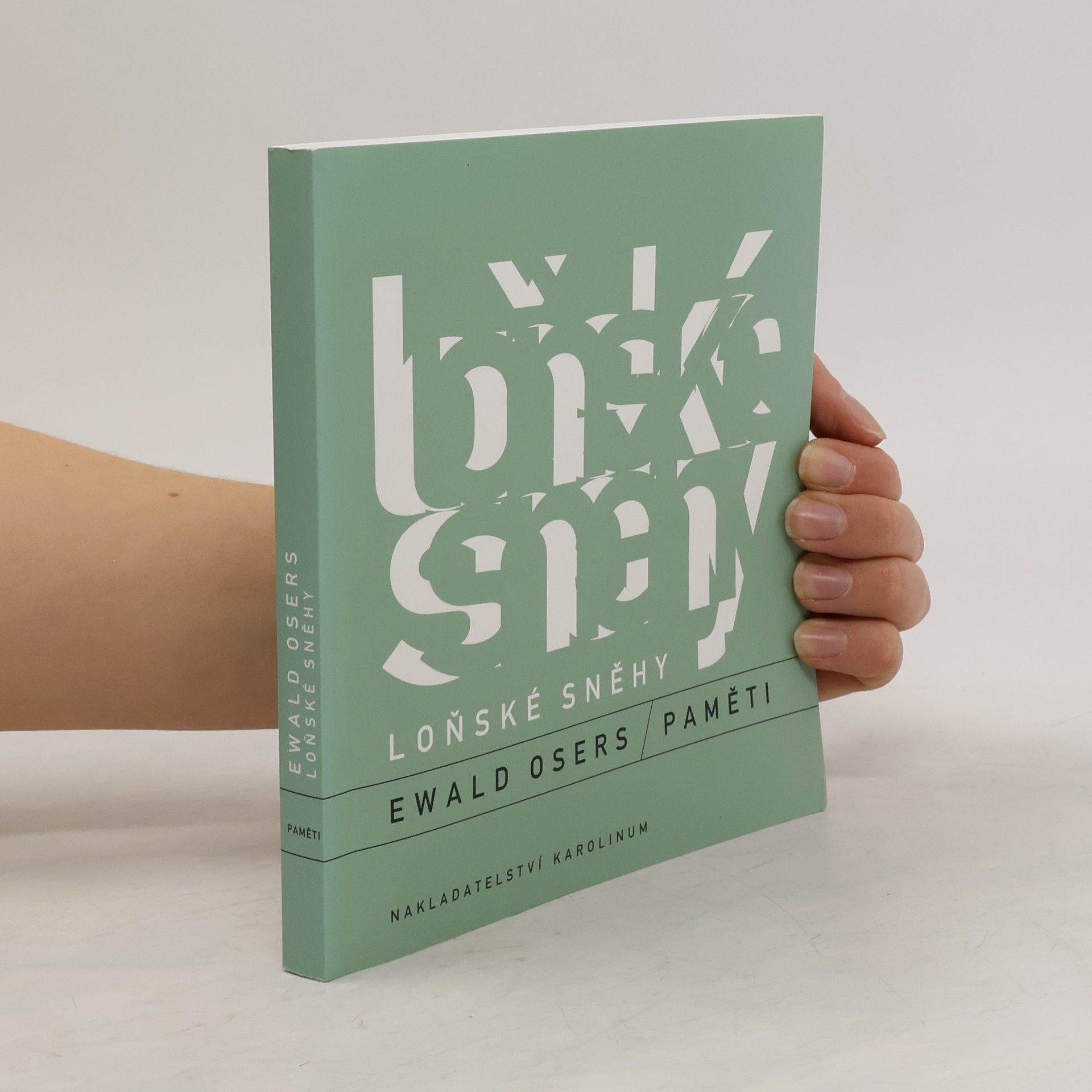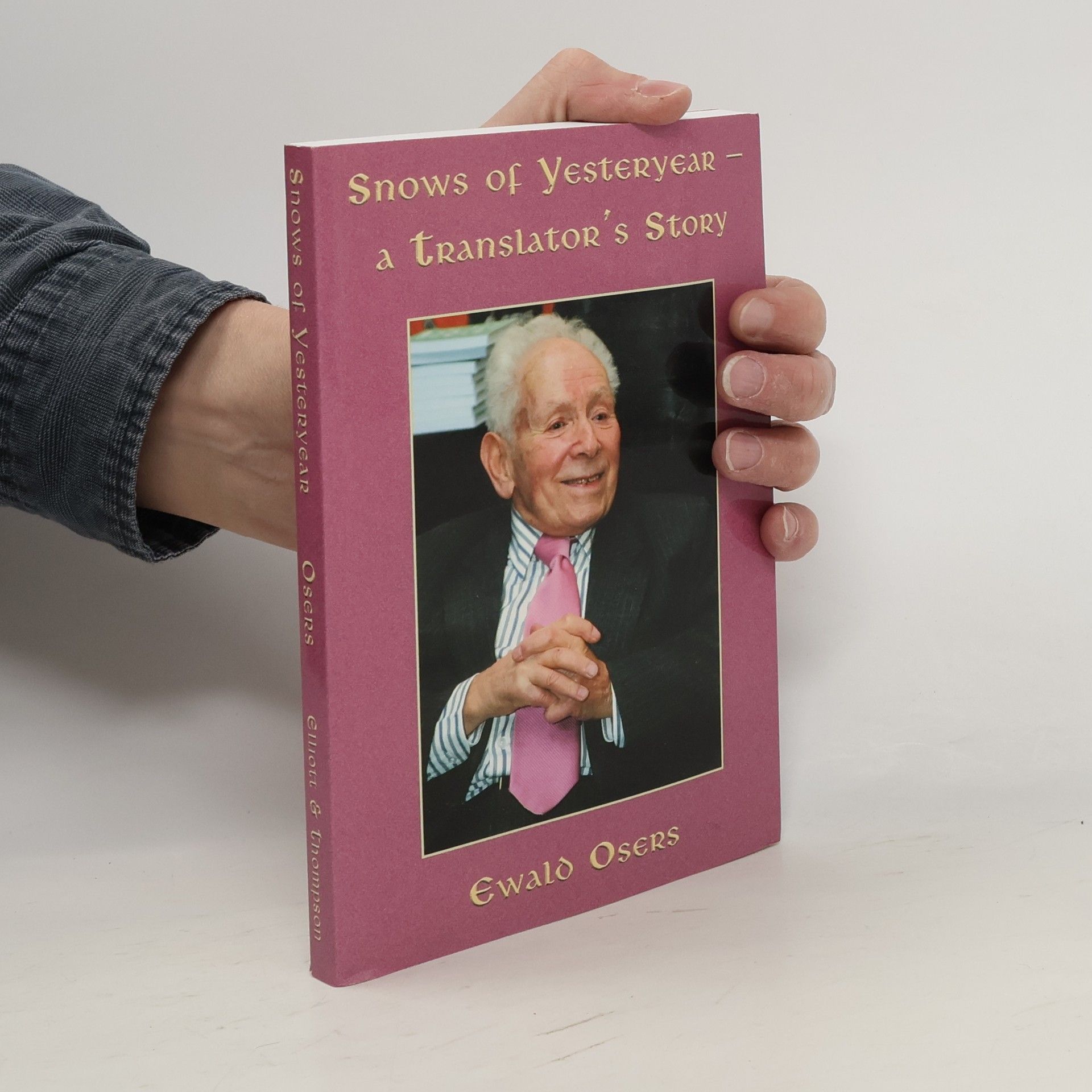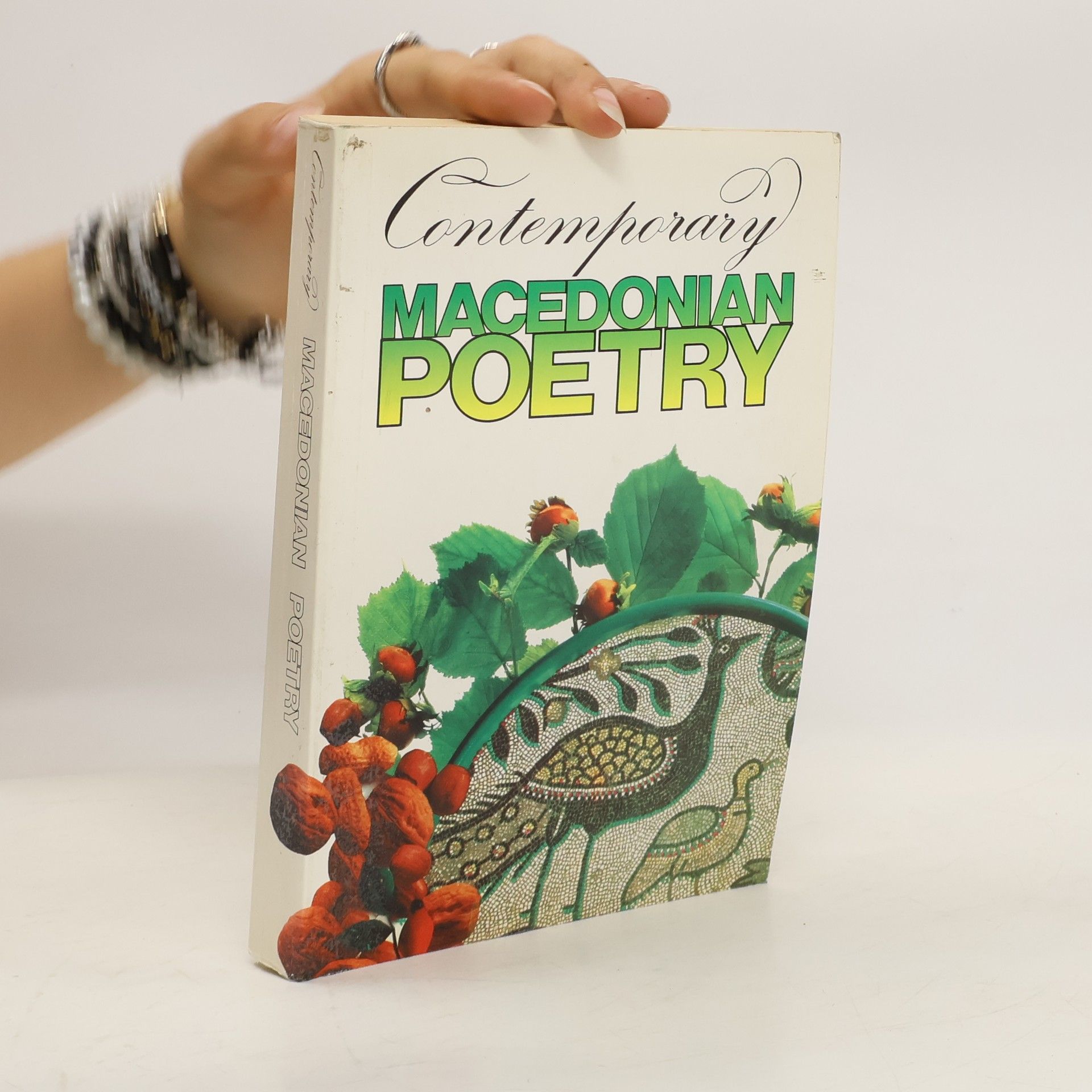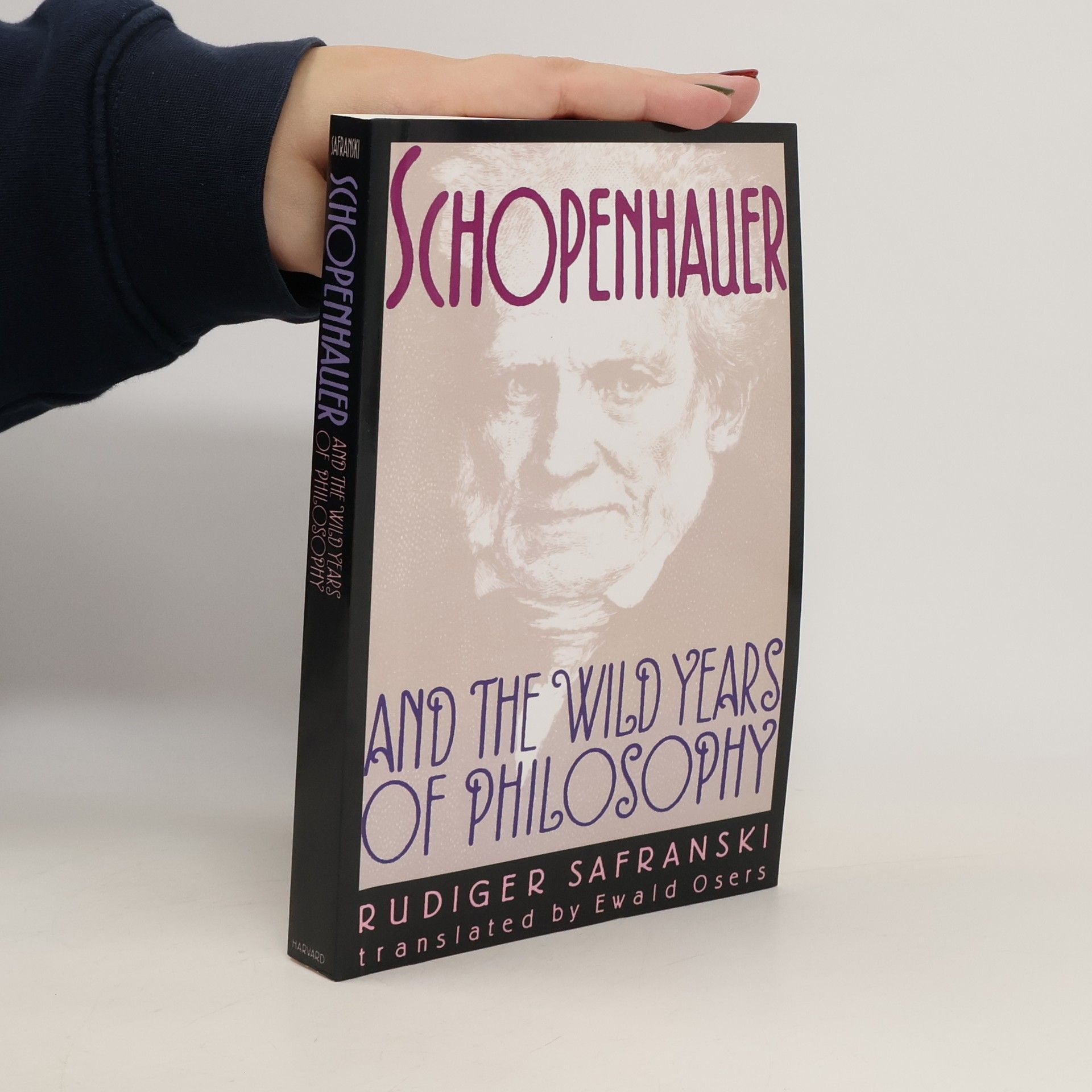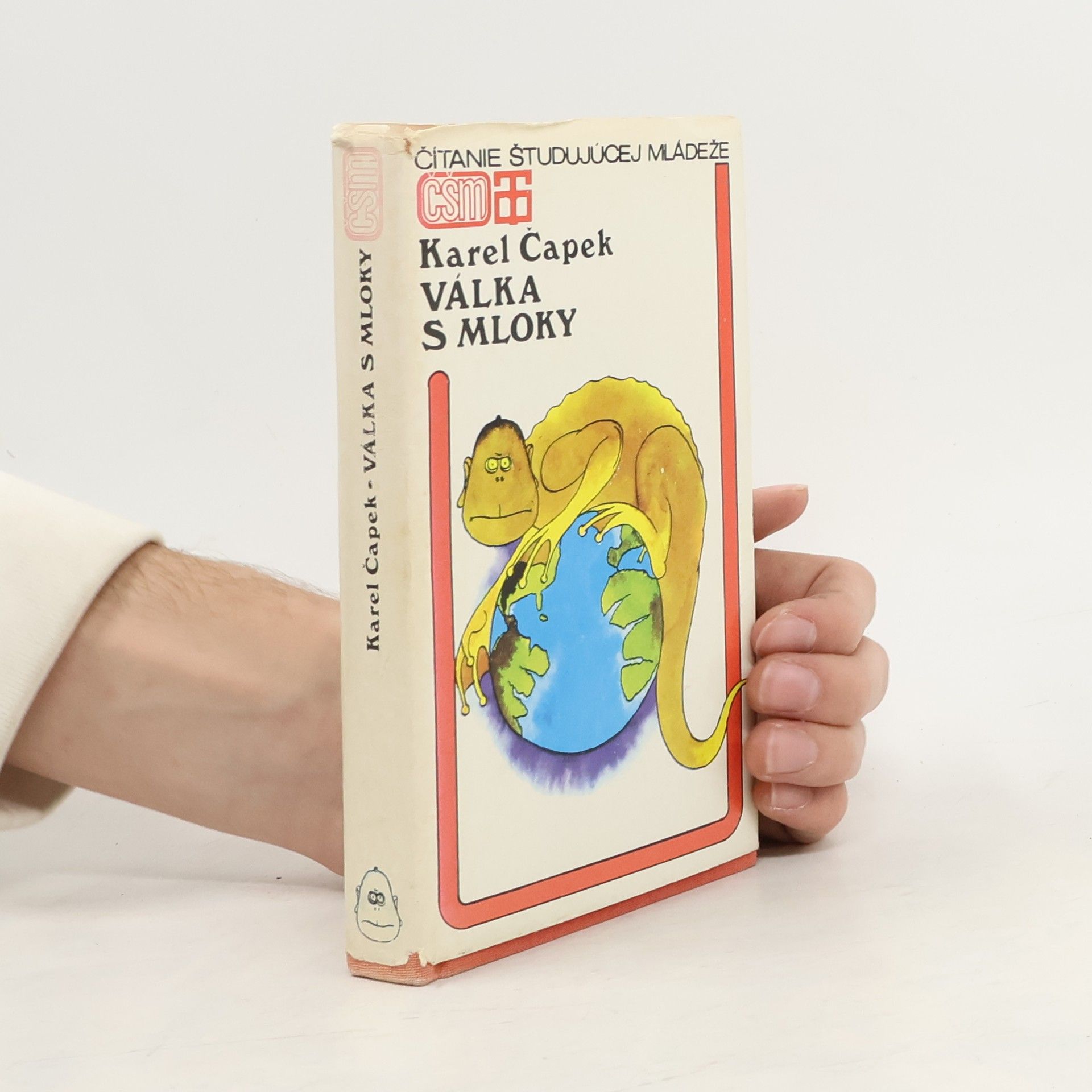Loňské sněhy. Paměti
- 221 stránok
- 8 hodin čítania
Paměti britského překladatele českého původu Ewalda Oserse, který odborné a čtenářské veřejnosti v anglofonních zemích představil např. Jaroslava Seiferta, Jana Skácela, Vítězslava Nezvala, Egona Hostovského, Ivana Klímu nebo Karla Čapka. Přeložil 150 knih, z toho téměř čtyřicet sbírek poezie. Kniha je rozdělena do čtyř částí, zahrnujících dobu dětství a raného mládí v předválečné Praze, pobyt v Anglii během války, poválečný vývoj a barvitý popis Osersových profesionálních aktivit – zejména jeho práce ve válečném zpravodajství BBC. Půvab Pamětí spočívá v tom, že v nich Ewald Osers nehovoří detailně o překladatelských problémech, ale přesto výmluvně vypovídá o tom, co to je být vynikajícím překladatelem. Svazek uzavírá doslov Martina Hilského a úplná bibliografie publikovaných knižních překladů Ewalda Oserse.


